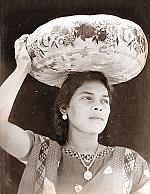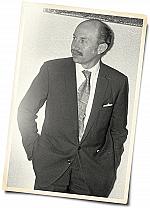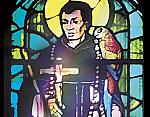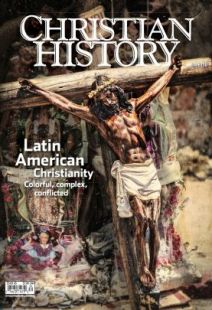The delicate balance of church and state in Latin America
Against the backdrop of an assumed union between the church and the Spanish and Portuguese crowns, conquistadors had colonized Latin America and a series of treaties had granted the Iberian crowns the right to appoint bishops. But as struggles for independence erupted in the early nineteenth century, the Catholic Church suffered internal division. Many ordinary priests were mestizo (mixed Spanish and indigenous) or criolles (American-born Spanish), identifying with the poor and marginalized. Meanwhile elite bishops loyal to the crown tended to oppose revolution; they either fled or were exiled as rebel forces pushed Spanish armies back.
Without bishops there could be no confirmations, no ordinations, no new priests; in the absence of royal authority, independent nations and the pope jostled for control. In exchange for official recognition and a limited national patronage, Latin American republics initially granted Roman Catholicism a spiritual monopoly over and against all other religions. But by the beginning of the twentieth century, most Latin American countries had legislated religious freedom for all, opening the door for Protestant churches.
Predictably Protestant believers experienced hostility from Conservatives (as in Colombia from 1938 to 1958); on the Liberal side, there were bouts of anticlerical legislation and systemic persecution of the Catholic Church (as in Mexico between 1926 and 1929). Brazil, Cuba, and Puerto Rico proved exceptions.
By the late 1950s into the 1960s, economic and social uncertainty ushered in conservative, staunchly anticommunist military dictatorships throughout the region, often supported by the United States. At the same time, the reforms of Vatican II inspired a generation of clergy and laypeople to call governments and economies to account for the marginalization and oppression of the poor (see “A new Pentecost,” pp. 41–43). Some church hierarchy remained complicit, but many Catholic leaders were jailed, tortured, and killed in witness to Christ’s love for the poor, most famously Archbishop Óscar Romero (1917–1980) and missionary nuns in El Salvador in 1980. Many mainline Protestant leaders joined them in denouncing violence and oppression, but Pentecostal and evangelical churches tended to support the dictatorships because they were anticommunist. Pentecostal layman Ríos Montt became president of Guatemala in 1982; his scorched-earth policy included genocide against indigenous Maya rebels.
Since the return of democratic governments in the 1990s, the relationship between church and state has diversified. Conservative nations like Colombia grant privileges to the Catholic Church while more secularized ones like Mexico and Uruguay hold to a strict separation of church and state. Alongside popular devotions to Catholic saints and a growing number of Pentecostal congregations, other religious groups practice openly, from Afro-Caribbean faiths like Santería and Candomblé to New Age cults and those who profess no religion. Yet the role of religion in the public square remains strong, and religious voices on all sides can be heard amid current debates.
By Joel Morales Cruz
[Christian History originally published this article in Christian History Issue #130 in 2019]
Joel Morales Cruz is adjunct professor of theology at the Lutheran School of Theology at Chicago and author of The Mexican Reformation and The Histories of the Latin American Church.Next articles
Pope Francis (b. 1936)
In 2013 Francis became the first pope from Latin America
Jennifer Woodruff TaitSupport us
Christian History Institute (CHI) is a non-profit Pennsylvania corporation founded in 1982. Your donations support the continuation of this ministry
Donate






